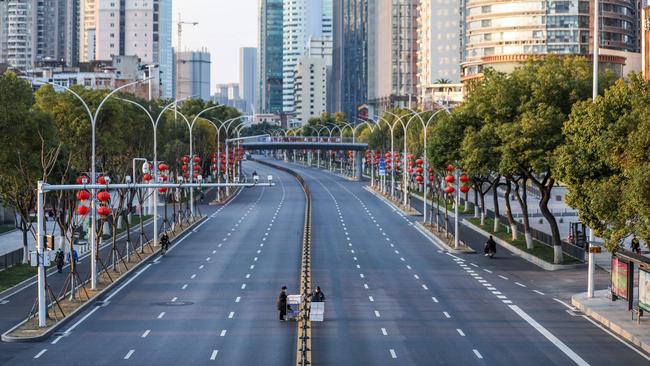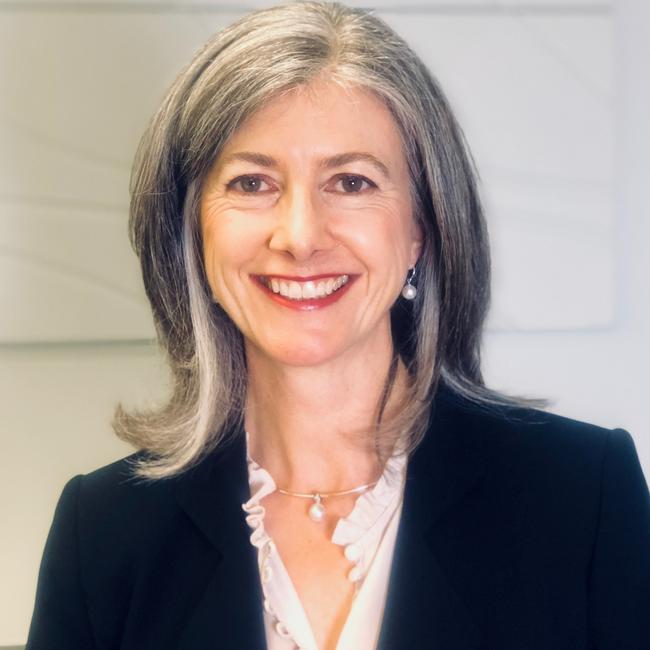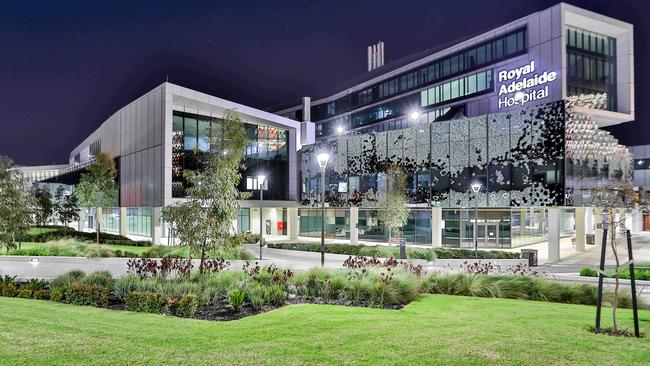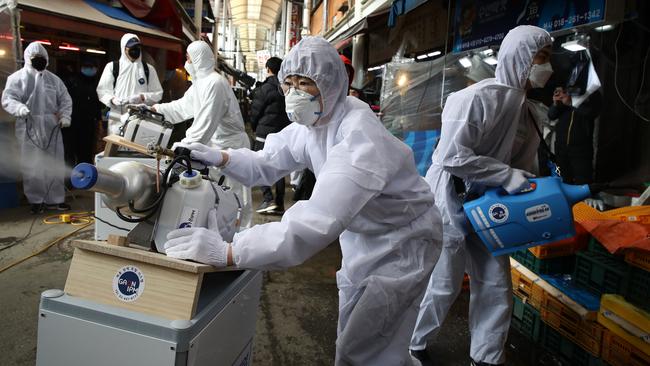Coronavirus action plan may see SAPOL enforce home quarantines if a pandemic occurred
Police enforcing home quarantine, closed schools and special coronavirus-only hospitals are among emergency plans if the COVID-19 disease overwhelmed the SA health system.
SA News
Don't miss out on the headlines from SA News. Followed categories will be added to My News.
- Latest on the coronavirus spread around the world
- Coronavirus risk over SA Pathology staff cuts
- Adelaide woman tests positive after being evacuated from cruise ship
- Aussie scientist linked to vaccine breakthrough
Emergency plans now underway to deal with an expected coronavirus pandemic spreading to South Australia include using police to enforce home quarantines, special coronavirus-only clinics in hospitals across the state and out-of-hospital strategies should a disease outbreak overwhelm the hospital system.
Schools could be closed and workers urged to work from home under worst case scenarios.

SA Health’s Disaster Preparedness and Resilience Branch is helping lead the response, based on its Major Incident Plan to deal with catastrophes ranging from natural disasters to human disease outbreaks which are beyond the health system’s capacity to manage.
However, Chief Public Health Officer Associate Professor Nicola Spurrier urged the public to be “alert, not alarmed” emphasising SA is in the containment phase of dealing with the threat with only three confirmed cases — two of which have recovered — and no deaths.
She said the disease’s rapid spread to large clusters in places like Italy and South Korea meant it is inevitable the potentially deadly viral infection would arrive in SA regardless of travel bans.
Dr Spurrier said there was no need for people in SA to take precautions such as wearing masks but urged the public to be vaccinated against the flu in the coming season, with the vaccine expected to be available from early April.

“We’ve been planning for quite a number of weeks now, at a state level we are taking this very seriously, and we are looking across our system at the capacity of our hospitals, in particular ICUs,” she said.
“One of the important things with an illness like coronavirus which is a new virus and people do not have immunity to it is being able to cohort people together in a way that reduces the ability of the virus to be exposed to a large number of people.
“We’re ensuring major hospitals across South Australia are able to provide a coronavirus-specific clinic so if someone has symptoms they can go to that facility and have testing done.”

Dr Spurrier declined to put a number on how many patients such clinics could house, saying instead: “We hope to be able to cope with the number (of patients) we have at any one time.”
Other plans include voluntary isolation at home for people with mild symptoms.
Dr Spurrier confirmed under the Public Health Act she has the power to call on police to enforce home quarantine should it become necessary.
“As Chief Public Health Officer I do have some legislative ability to enforce (quarantine),” she said, noting she had been happy with how people have complied so far.
“At this stage we haven’t felt it was necessary (to call in police) — I have the public health powers to do that.”

A police spokesperson said: “SAPOL have been part of key discussions involving a response and planning continues with respect to this type of situation arise.
“However, the overall control sits with the Department of Health with SAPOL being informed and guided by the Chief Public Health Officer when and if SAPOL assistance may be required.”
Other legislative powers include closing schools to safeguard public health if necessary.
“We are not sure if this will be a very acute and severe problem where we get lots and lots of cases all at once but what we are hoping to do with all the other measures we have put in place is that it will actually be a slow progression,” Dr Spurrier said.
“I’m very confident with the planning we have already done that we will be in a good position … it will not overwhelm the health system and we will have more of a gradual experience with coronavirus in Australia.
“The public do not need to be panic, it is good to be alert but not alarmed.”

